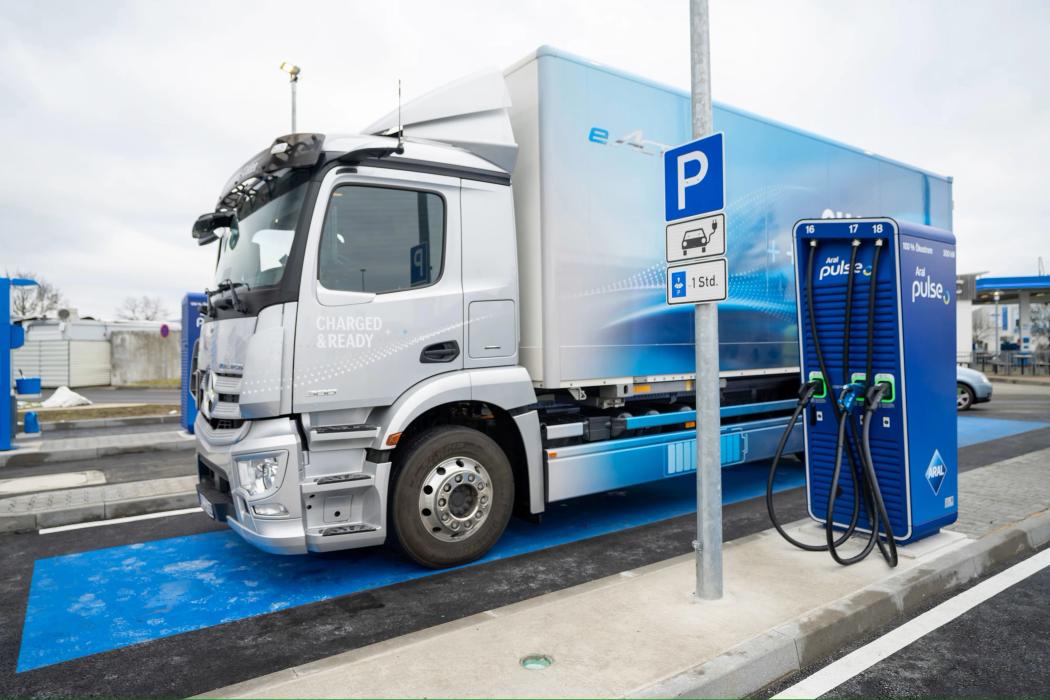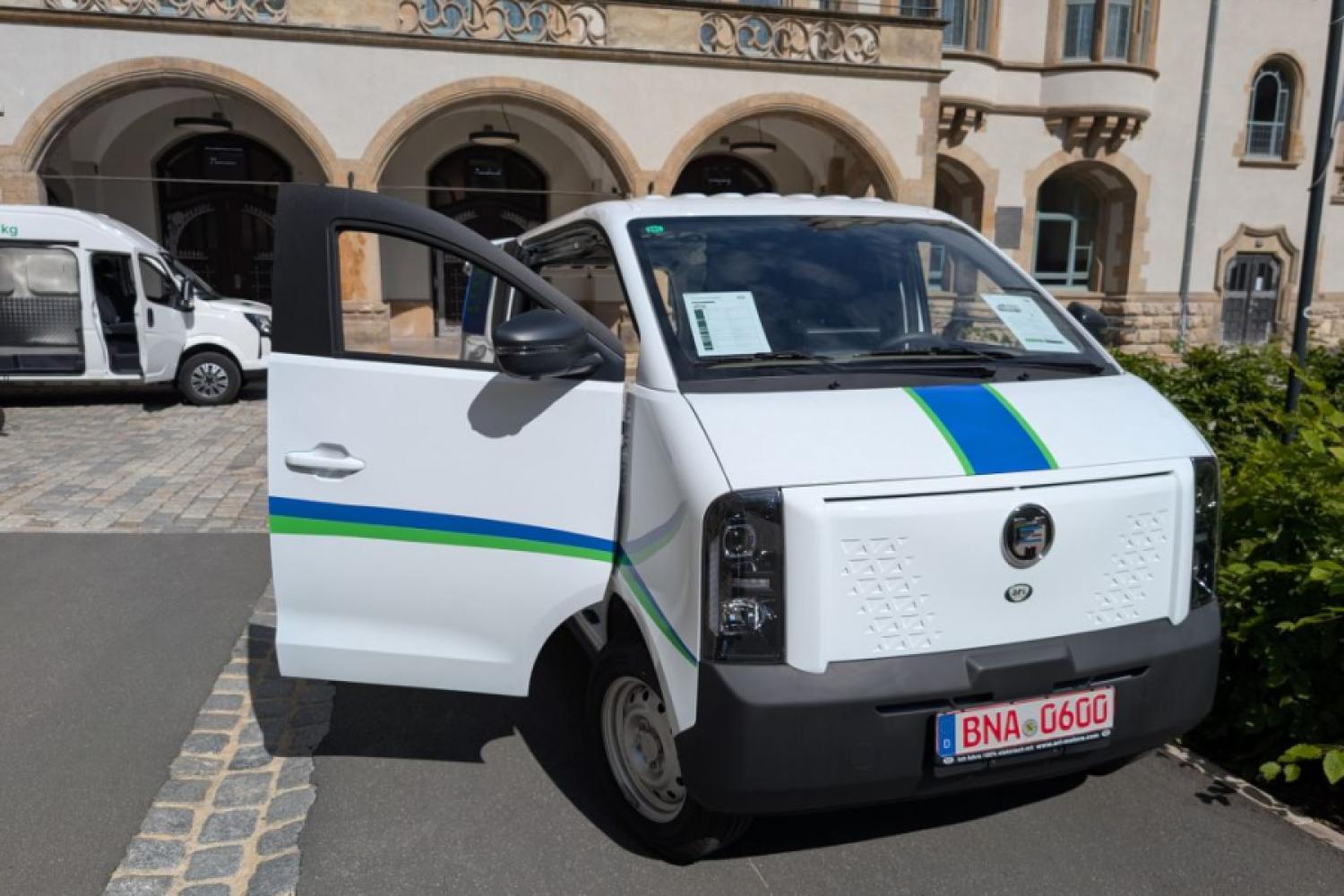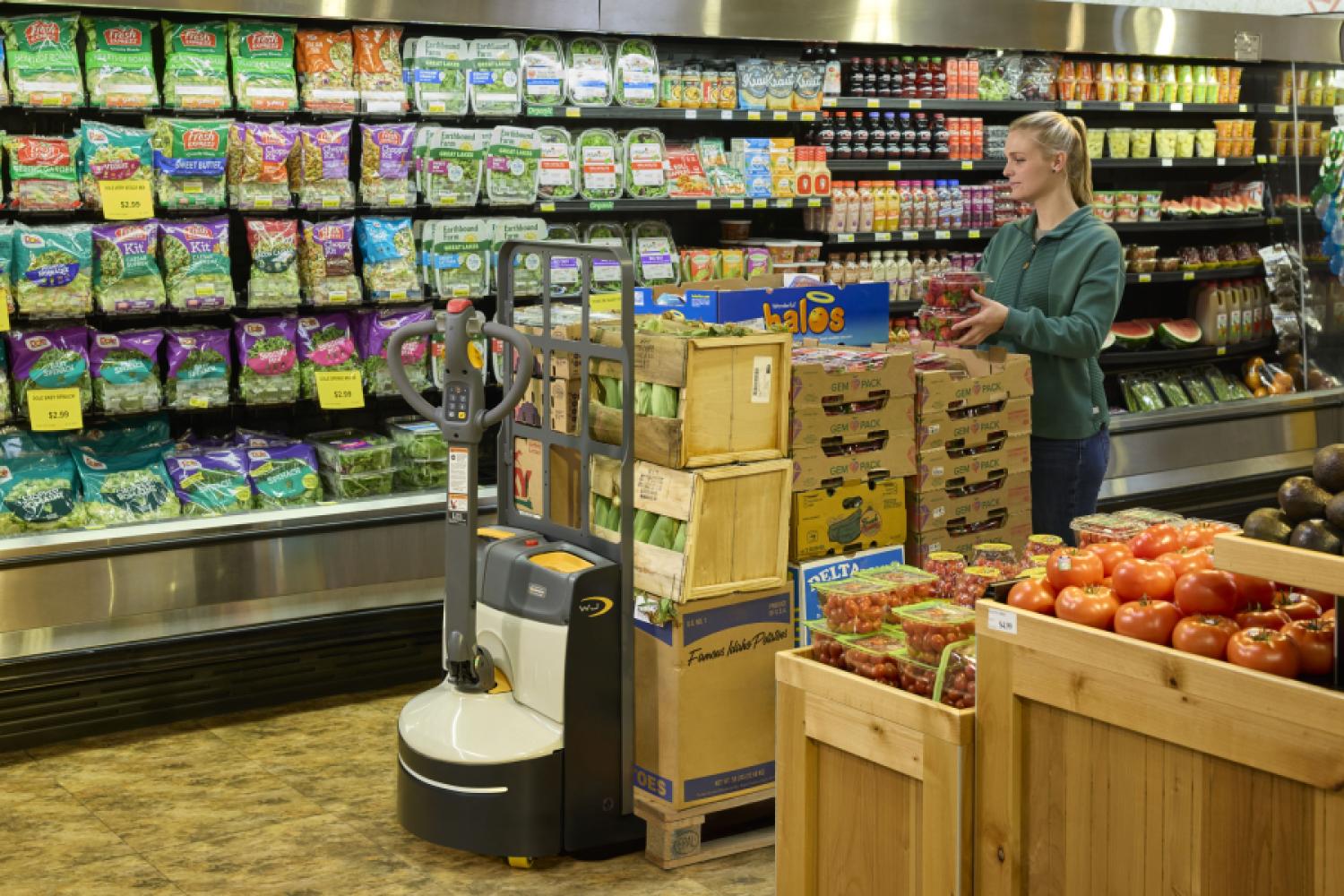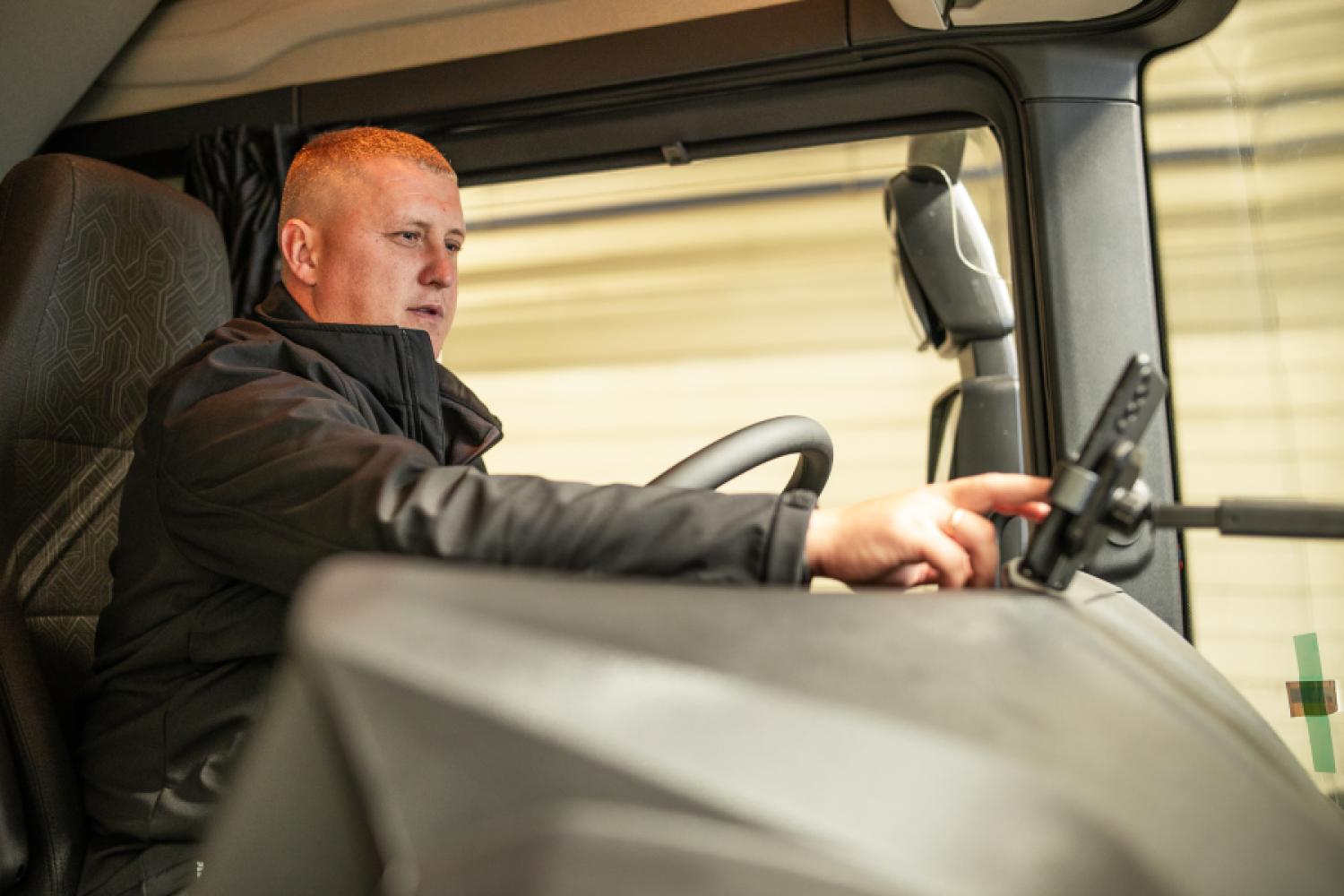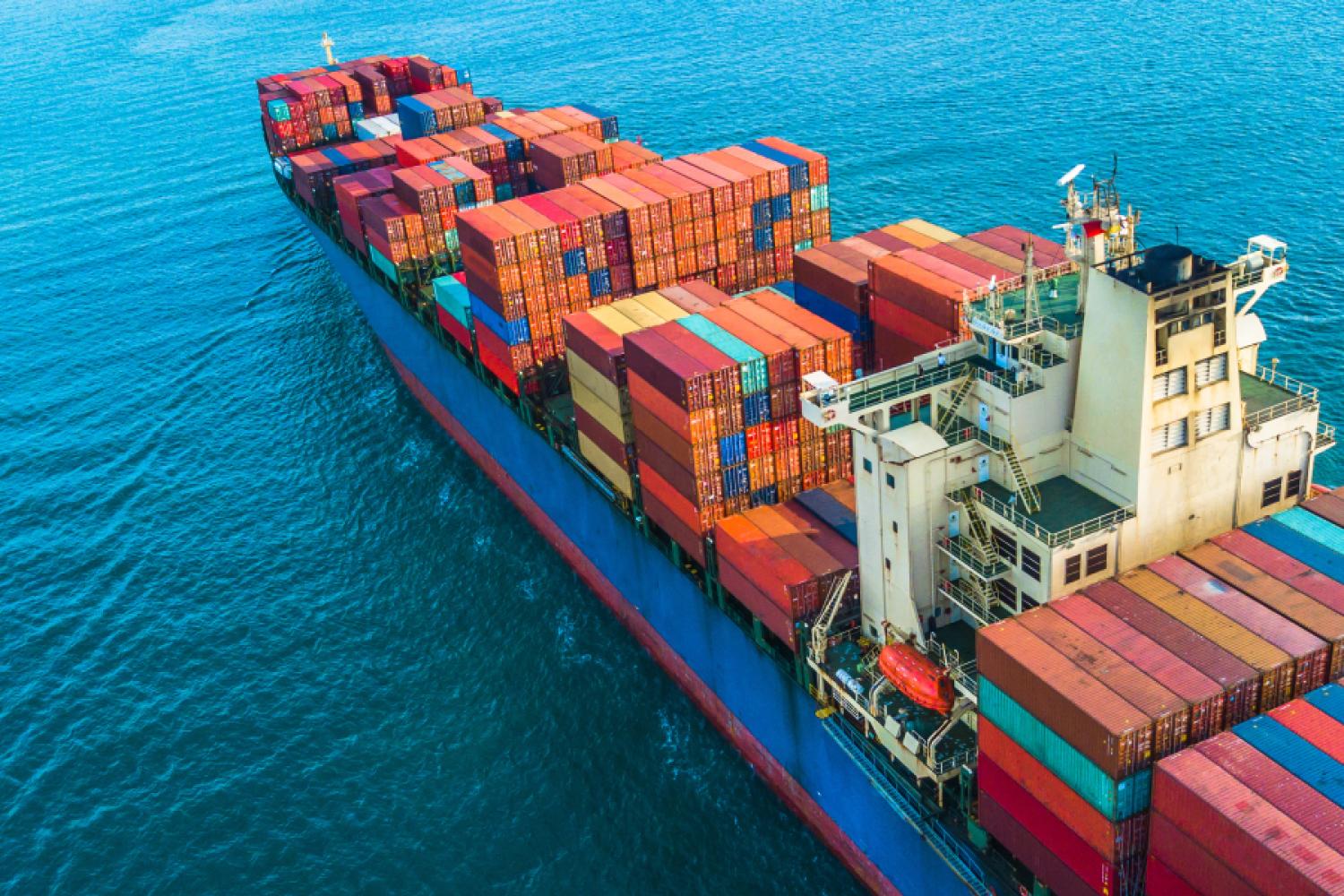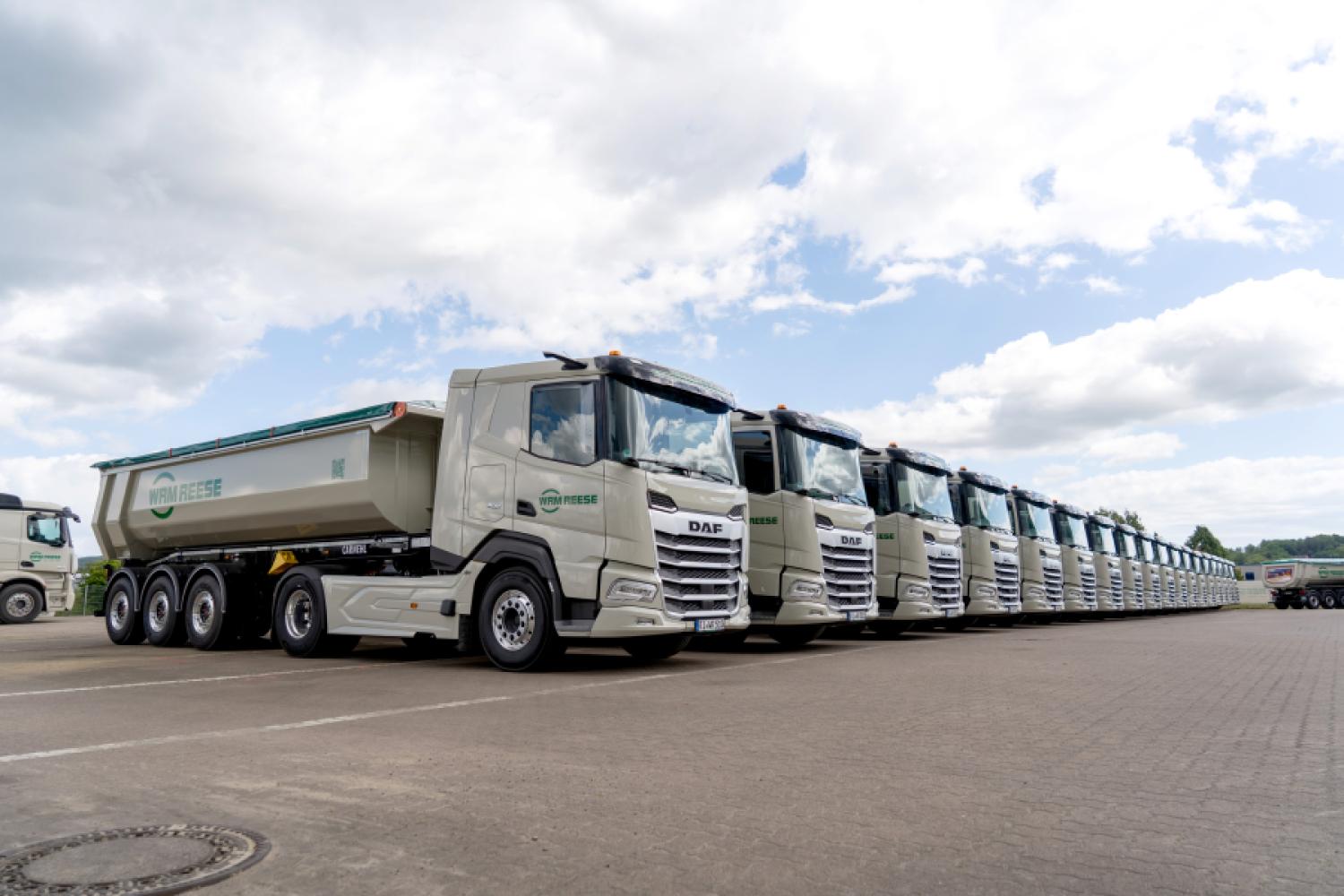The European Automobile Manufacturers Association (ACEA) has expressed its concern about the slow progress in the reform of the EU Directive on weights and dimensions during the "Transport" Council meeting in Brussels. According to the association, the lack of agreement among member states threatens the ramp-up of zero-emission commercial vehicles and undermines the implementation of the EU climate goals in road freight transport.
Following the progress report presented today in the "Transport" Council, the European Automobile Manufacturers Association (ACEA) is deeply concerned about the lack of progress in revising the Directive on Dimensions and Weights. With the clock ticking for the EU's CO2 reduction targets for heavy-duty vehicles by 2030, ACEA urges member states to prioritize
the swift conclusion of negotiations.
The background is the planned revision of EU regulations for truck weights, axle loads, and vehicle lengths. According to ACEA, this adjustment is considered a prerequisite for battery-electric and hydrogen-powered vehicles to compete on fair terms with conventional diesel trucks. The current limitations do not take into account the higher vehicle weights of zero-emission drives, thus complicating their economic use in freight transport.
ACEA points out that a consensus between industry, the EU Commission, and the European Parliament has been reached in the past two years. Nevertheless, the Council of Ministers continues to block an agreement. "Zero-emission trucks and buses are essential for Europe's transition to climate-neutral road transport," said Thomas
Fabian, Chief Commercial Vehicles Officer at ACEA.
"But without a rapid agreement on a revision of the weight and dimension regulations, the market for these vehicles will remain severely limited."
The EU has recently tightened CO₂ limits for heavy-duty vehicles. By 2030, at least one third of all new registrations in this segment should be zero-emission. However, without adapted vehicle regulations, manufacturers and transport companies face technical and economic hurdles. Larger batteries or additional components for hydrogen storage increase vehicle weight, negatively impacting payload and efficiency—a critical disadvantage in freight transport.
For transport companies, this raises not only the question of investment security. Operational planning is also made more difficult if it remains unclear under which
technical conditions zero-emission trucks can be used in long-distance and regional transport in the future. According to ACEA, practical regulation would be an important lever to advance the transformation of the sector.
The association therefore urgently called on member states to end the blockade in the Council. It is "of crucial importance that member states overcome the current standoff and muster the political momentum necessary to quickly agree on a meaningful update of the rules," said Fabian.
At the same time, ACEA emphasized its own willingness to collaborate with all involved stakeholders. They intend to support the negotiations constructively and work together with EU institutions to bring about a solution to make the transition to climate-friendly
